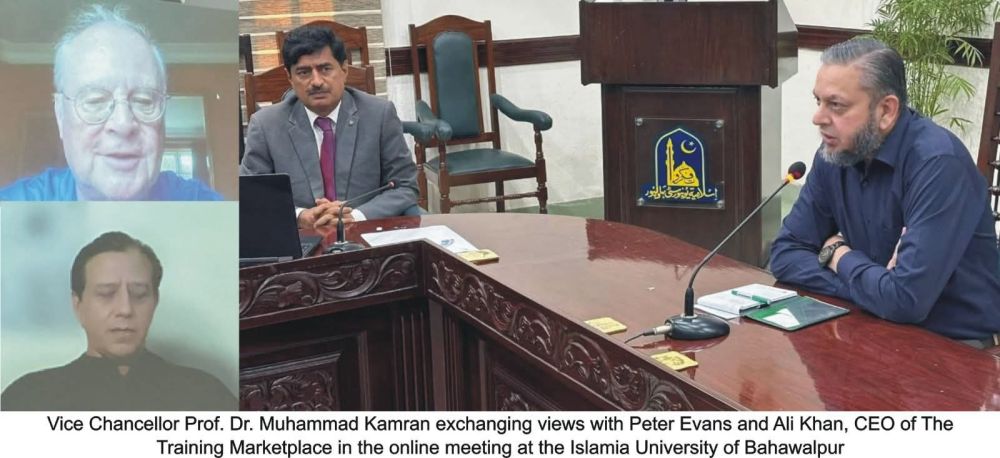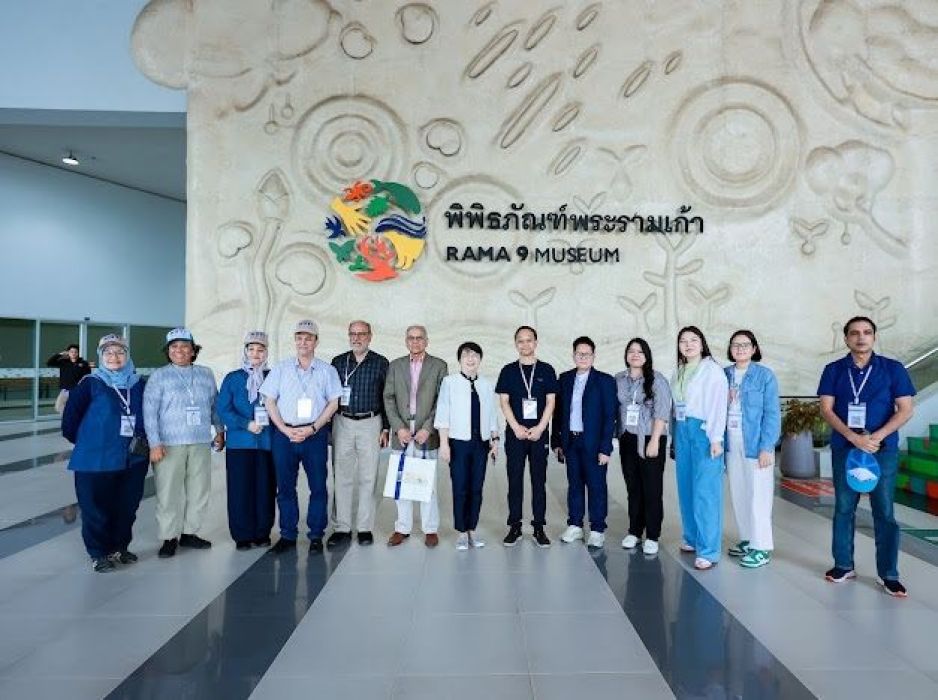National Curriculum Summit 2024, at Allama Iqbal Open University, Islamabad - 26 -27 November 2024
Posted 1 year ago
National Skills University Islamabad Participated in the National Curriculum Council Summit 2024
The National Curriculum Council (NCC), a body under the control of the Ministry of Federal Education and Professional Training (MoFE&PT), organized a two-day summit on curricular reforms at schools and colleges. The summit brought together policymakers, educators, and thought leaders with one shared mission: to transform the nation's curriculum into a dynamic framework fit for a rapidly changing world and fulfilling job market demands.
At the heart of these discussions lies an urgent need to modernize the curricula for students with Secondary School Certificates (SSC) and higher secondary school Certificates (HSSC). The aim is clear: equip young Pakistanis with the knowledge, skills, and values necessary to thrive in the 21st century. Yet, such an undertaking demands sustained commitment, resources, and collaboration across sectors.
Federal Secretary Mr. Mohyuddin Ahmad Wani emphasized curricular reforms by the MoFE&PT in his opening remarks, emphasizing the speed with which existing schemes of studies have been reviewed and updated. His words reflect a broader acknowledgment that education reform must remain dynamic in the face of global advancements and societal needs. Similarly, Federal Minister Ahsan Iqbal's advocacy for "Urdish," a pragmatic blend of Urdu and English, captures a more profound challenge: balancing cultural identity with global connectivity.
But beyond linguistic debates and structural updates lies an even more fundamental issue. As Prof. Ahsan Iqbal noted, Pakistan's education system faces a "civilizational crisis." Education, in its essence, is not just about producing employable individuals but about nurturing informed, empathetic, and culturally rooted citizens. The curriculum must reflect this dual responsibility by integrating national values with global competencies.
Encouragingly, the summit's agenda moves beyond traditional academics, addressing emerging priorities such as environmental literacy, financial education, cybersecurity, and even space sciences. These themes resonate with the pressing demands of our time and reflect an understanding that the classroom must mirror the outside world's complexities.
The Federal Minister showed his commitment to establishing a Teaching Training Center to professionalize educators and shared his expectation that this center would be world-class. According to him, empowering teachers will only make innovative curricula successful.
Dr. Shafqat Ali Janjua, Joint Educational Advisor at the National Curriculum Council (NCC), spoke at the summit to outline recent advancements in Pakistan's curriculum. He noted that the schemes of studies for both SSC and HSSC levels have been revised, incorporating new curricula. Additionally, new academic streams have been introduced, expanding educational options and offering students a broader selection of academic and career opportunities.
As the summit progresses, it is vital to remember that education reform is a process, not an event. The collaborative spirit on display must extend beyond this week, with actionable insights translating into tangible improvements across Pakistan's schools. Stakeholders must remain steadfast, resisting the temptation to let political or bureaucratic inertia dilute these efforts.
According to Prof. Dr. Muhammad Mukhtar, Vice Chancellor of the National Skills University Islamabad, there is need to refine teaching learning skills. Technology incorporation into curricula is the way to strengthen capabilities of youth. Moreover, Pakistan's future depends on its students, and their future depends on an education system that dares to imagine and implement a modern-age curriculum.





